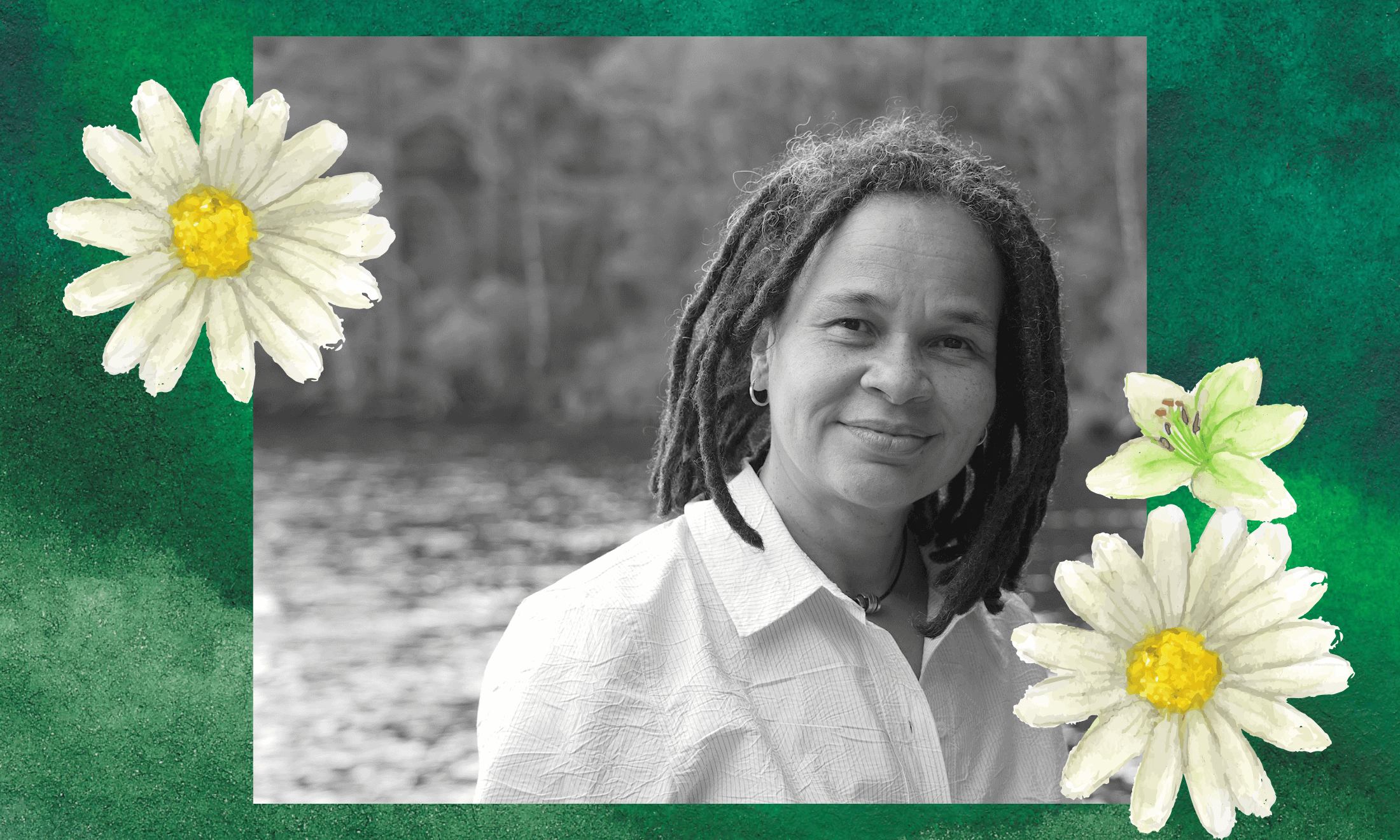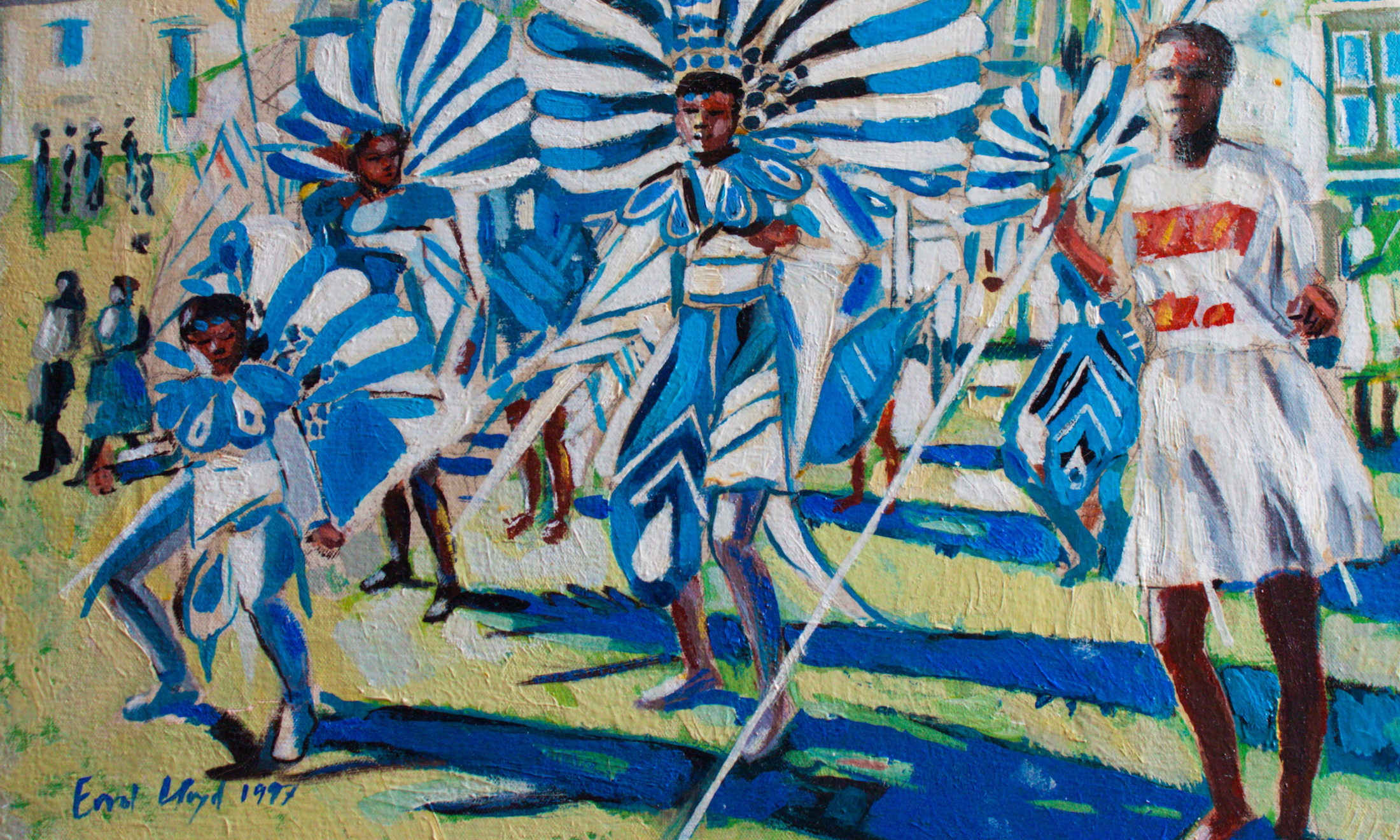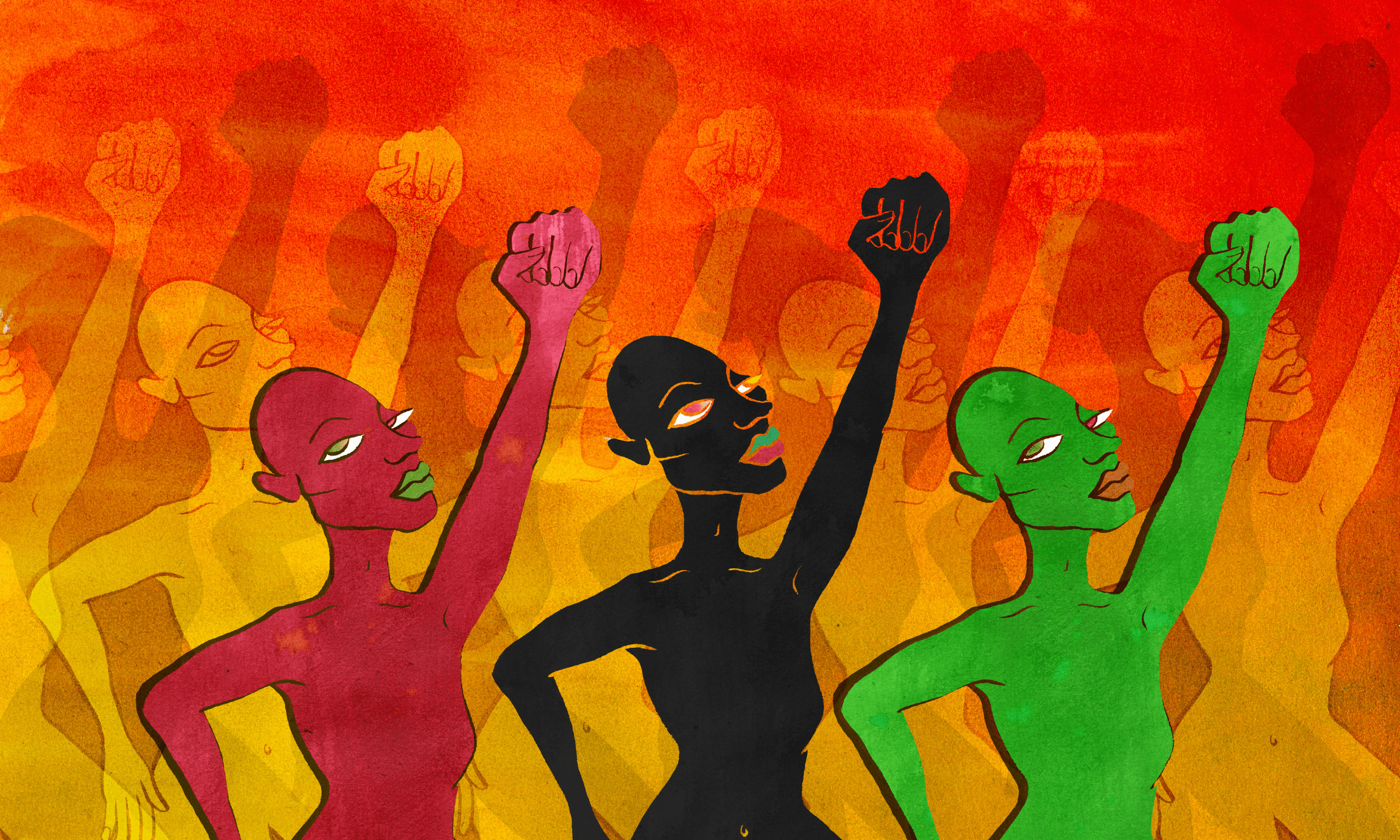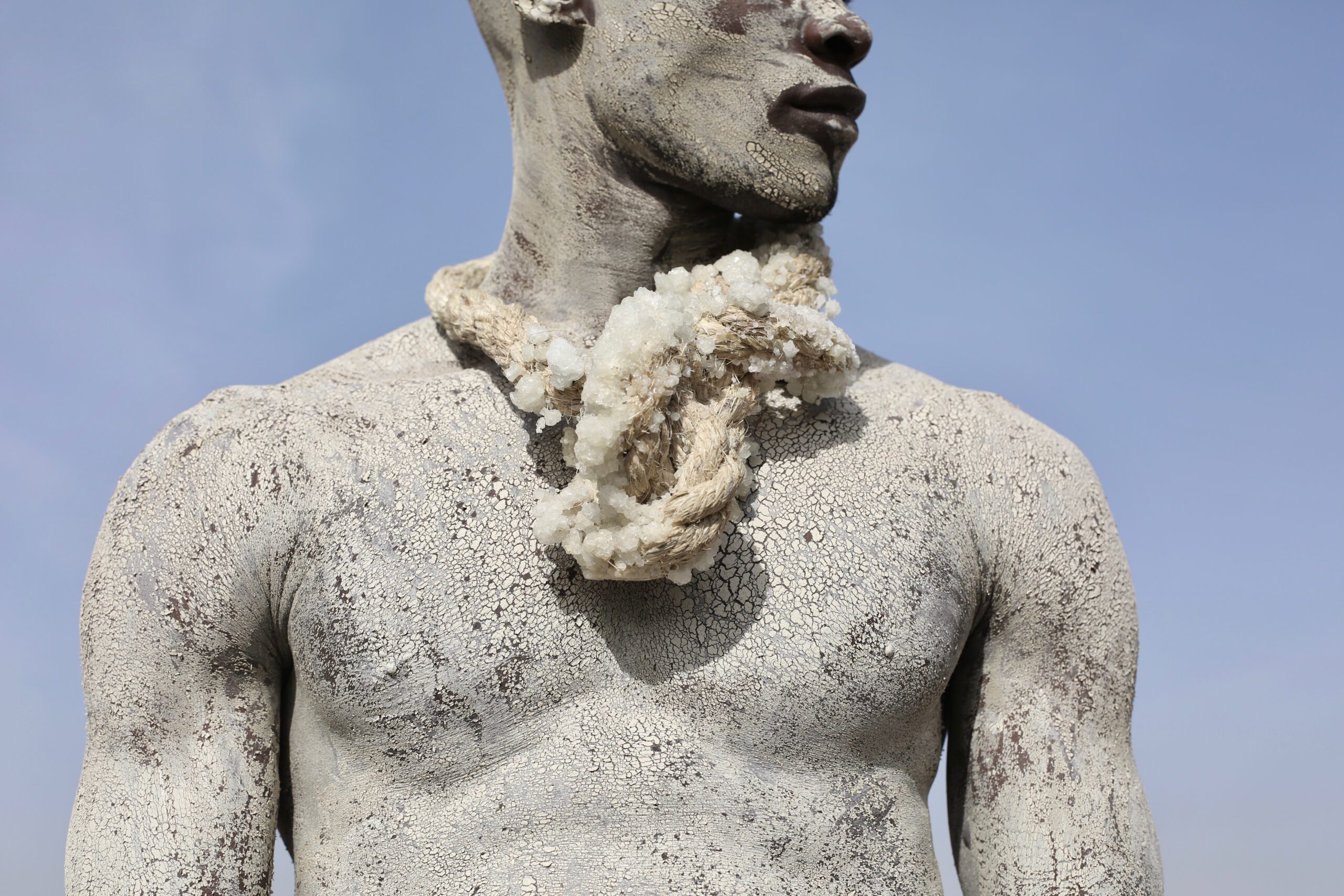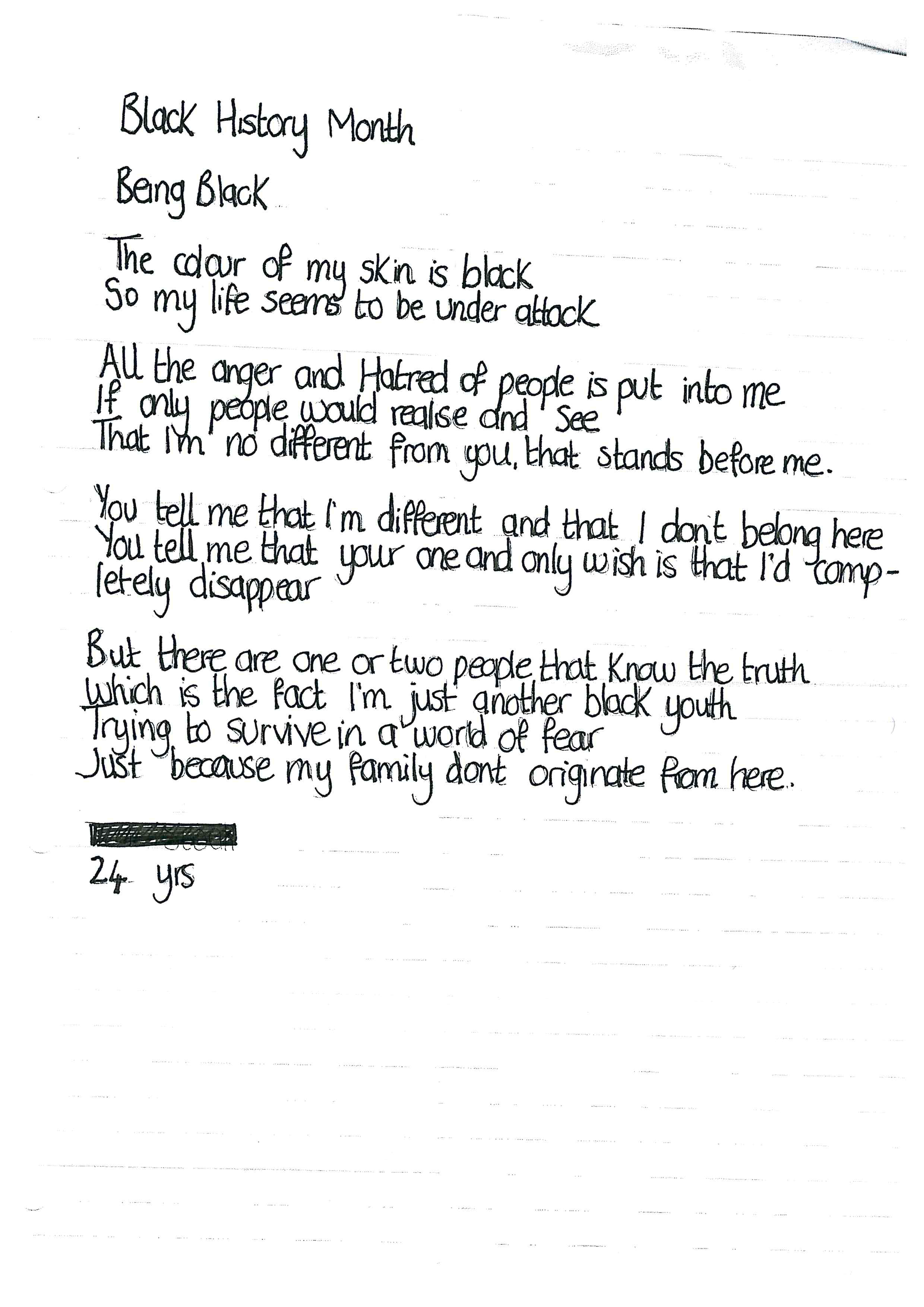
Black History Month and the power of song and dance in prison
Trishna Shah and Shilpa Shah
24 Oct 2015
An ‘old skool’ Bollywood track blasted from a speaker in the corner of the room. Some women sat around the edge of the room looking curious, shy or reticent. Some toe-tapping started, a few nodded their heads and smiled. One woman got up and started dancing salsa, another shook her hips and started whining to the dhol beat. We looked at each other and smiled; we were in for a fun morning…
gal-dem were invited to the women’s prison in HMP Peterborough by Hibiscus Initiatives, on Monday 15 October, to celebrate Black History Month. Hibiscus is an organisation whose mission is to empower foreign national, black and minority ethnic groups in the criminal justice and immigration systems; they provide support for these women in order to reduce the inequality generated by such systems.
As part of Hibiscus’ programme commemorating Black History Month, gal-dem were asked to run a singing and dance workshop for around 40 women, of varying ages and of whom 75 percent were women of colour. We wanted to offer a space for these women to enjoy and express themselves; to hopefully feel good in their bodies and hearts; and to do something together which builds unity.
Why dance?
It’s the fire in my eyes,
And the flash of my teeth,
The swing in my waist,
And the joy in my feet.
I’m a woman
Phenomenally.– Maya Angelou
Dancing is the body expressing itself and it is fun: so many of the women came to life when we played Soca – smiling, laughing and shaking their bodies without inhibition. Not only that but dancing is also therapeutic, as it allows people to express invisible, internal feelings or emotions through visible, external movements. It is ultimately a form of release and a form of letting go.
In the workshop, we spoke of dancing as a means of enjoying our bodies and of the pleasure we could create within ourselves through dancing, including the liberating feeling of moving freely. We spoke of how the image we’re fed of what is ‘beautiful’ by the media is generally a woman who is light-skinned and thin, but that we were all beautiful with all of our different body shapes and skin tones. This met a huge and enthusiastic round of applause from the women! We also explored how we could connect to this beauty and sexiness that we own while dancing.
The women showed off their moves as we played a mix of music from hip-hop to Soca and Bollywood to salsa. We encouraged them to look in the mirror and enjoy the shapes of their bodies and how they moved. Over time, the more confident dancers spontaneously paired off with the shyer ones to encourage, tease and applaud them into dancing.
Why sing?
“To this day, I don’t understand how people think they can bring anybody together without a song.” – Bernice Johnson Reagon
We’ve both experienced the joy and sense of empowerment that singing has brought to our own lives; from singing bhajans when we were young, to exploring our own songs and voices in our adult lives. Shilpa runs ‘My Heart Sings’, inclusive singing and voice-building workshops for women, to build healthy, strong voices and community.
As well as this, singing together can have a positive impact on our health, including improved breathing and supporting positive mental health. Singing together has created bonds between people through history.
We talk, whisper and shout… We talk about how we feel, challenge, soothe, demand and persuade… We sing, we cry and we scream… Our voices are the instruments for all sorts of magic to happen. Yet we live in a culture where our voices are often judged and subdued. Especially if we’re women. Especially if we’re women of colour. Especially if we’re incarcerated.
Singing helps us to connect with our breathing and our voices. Exploring the possibilities for our voices together through song can be immensely exciting and liberating, particularly if the song has cultural or historical significance. A spiritual song from the times of slavery in the Caribbean and America; a playful song from Ghana; or a women’s movement song from India can quickly transport us across distance and time and connect us with powerful emotions, together.
Shilpa led a few songs of struggle and hope at Peterborough. The women sang with such open, powerful, heart-felt voices that the hairs on the back of our necks prickled.
At the end of the session, one woman hugged us and said, “You took us out of prison for the day.”
Why Black History Month?
We also facilitated the group to discuss the importance of Black History Month. The women spoke of how white the school curriculum is and how the view of history on offer is just one view, which is generally accepted as truth.
Our discussion moved to famous black inventors, activists, musicians and other black people who have been left out of history. Of course, genres such as jazz, hip-hop and reggae are loaded with black history. But we also discussed how other genres originated from blackness. For example, rock and roll, which was created by African-Americans as rhythm and blues but re-branded to make it more palatable to a white audience.
Some of the black women who shared their opinions wanted these talented and courageous people of African heritage and their contributions to be remembered, reinforcing that black history is not just slavery and the subjugation of black people; black history is powerful black individuals doing great things.
On the train back home, we reflected on the privileged life we’ve had which has resulted in our not being incarcerated. As we looked around, we questioned what it meant to be free; though the women we met were physically imprisoned, they seemed able to access a joyful, alive and spirited energy more easily than many of the people we meet on ‘the outside’ in everyday life.
Our featured image is a poem by one of the participants, who wrote in response to Black History Month.
If you would like to book any of the gal-dem team for workshops please email info@gal-dem.com

